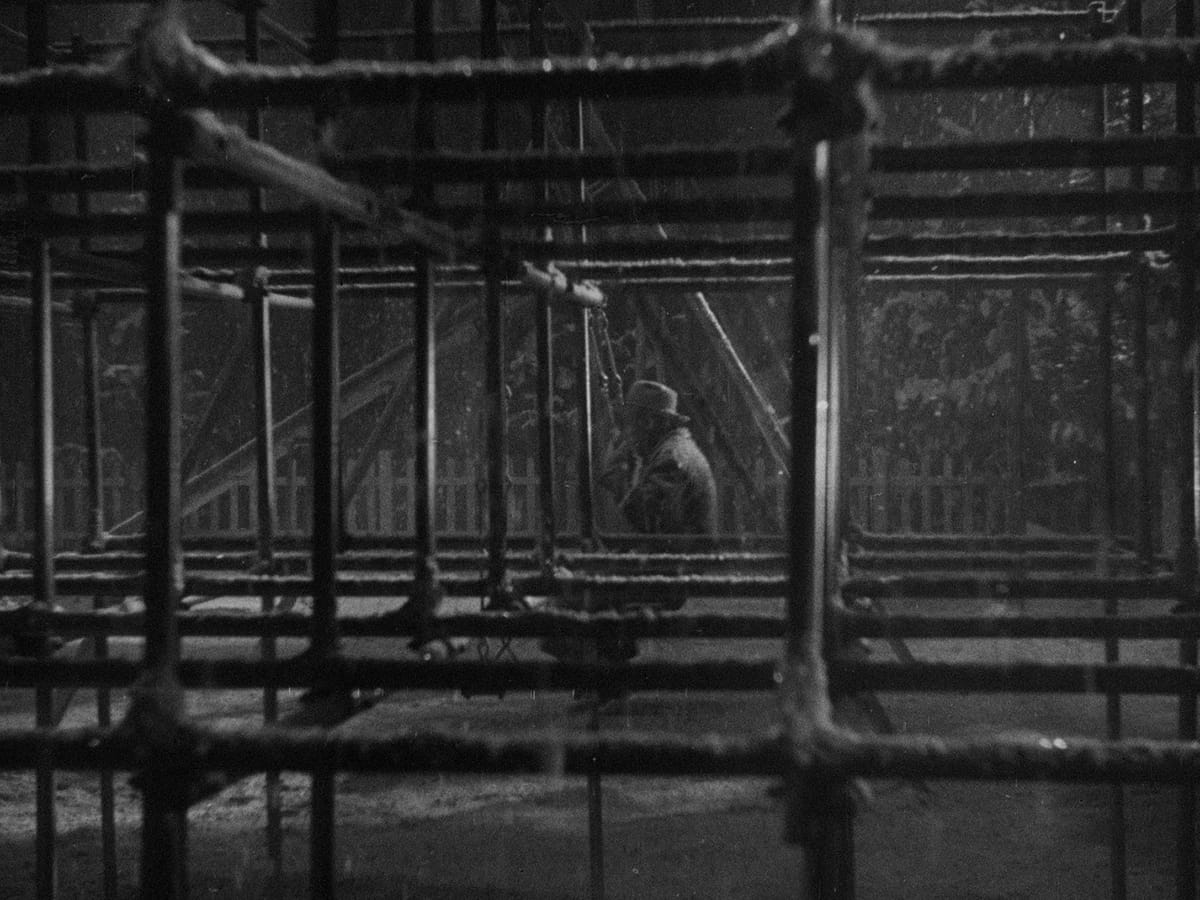Ikiru

One of the greatest achievements by Akira Kurosawa, Ikiru shows the director at his most compassionate—affirming life through an exploration of death. Takashi Shimura beautifully portrays Kanji Watanabe, an aging bureaucrat with stomach cancer who is impelled to find meaning in his final days. Presented in a radically conceived twopart structure and shot with a perceptive, humanistic clarity of vision, Ikiru is a multifaceted look at what it means to be alive.
BLU-RAY SPECIAL EDITION FEATURES
- New, restored 4K digital transfer, with uncompressed monaural soundtrack
- Audio commentary from 2003 by Stephen Prince, author of The Warrior’s Camera: The Cinema of Akira Kurosawa
- A Message from Akira Kurosawa: For Beautiful Movies (2000), a ninety-minute documentary produced by Kurosawa Productions and featuring interviews with the director
- Documentary on Ikiru from 2003, created as part of the Toho Masterworks series Akira Kurosawa: It Is Wonderful to Create, and featuring interviews with Kurosawa, script supervisor Teruyo Nogami, writer Hideo Oguni, actor Takashi Shimura, and others
- Trailer
- New English subtitle translation
- PLUS: An essay by critic and travel writer Pico Iyer and a reprint from critic Donald Richie’s 1965 book The Films of Akira Kurosawa
New cover by Eric Skillman
Collector's Sets
BLU-RAY SPECIAL EDITION FEATURES
- New, restored 4K digital transfer, with uncompressed monaural soundtrack
- Audio commentary from 2003 by Stephen Prince, author of The Warrior’s Camera: The Cinema of Akira Kurosawa
- A Message from Akira Kurosawa: For Beautiful Movies (2000), a ninety-minute documentary produced by Kurosawa Productions and featuring interviews with the director
- Documentary on Ikiru from 2003, created as part of the Toho Masterworks series Akira Kurosawa: It Is Wonderful to Create, and featuring interviews with Kurosawa, script supervisor Teruyo Nogami, writer Hideo Oguni, actor Takashi Shimura, and others
- Trailer
- New English subtitle translation
- PLUS: An essay by critic and travel writer Pico Iyer and a reprint from critic Donald Richie’s 1965 book The Films of Akira Kurosawa
New cover by Eric Skillman

Cast
- Takashi Shimura
- Kanji Watanabe
- Nobuo Kaneko
- Mitsuo Watanabe
- Kyoko Seki
- Kazue Watanabe
- Makoto Kobori
- Kiichi Watanabe
- Kumeko Urabe
- Tatsu Watanabe
- Yoshie Minami
- The maid
- Miki Odagiri
- Toyo Odagiri
- Kamatari Fujiwara
- Ono
- Minosuke Yamada
- Saito
- Haruo Tanaka
- Sakai
- Bokuzen Hidari
- Obara
- Shinichi Himori
- Kimura
- Nobuo Nakamura
- Deputy mayor
- Kusuo Abe
- City assemblyman
- Masao Shimizu
- Doctor
- Isao Kimura
- Intern
- Atsushi Watanabe
- Patient
- Yunosuke Ito
- Novelist
- Yatsuko Tanami
- Hostess
- Fuyuki Murakami
- Newspaperman
- Seiji Miyaguchi
- Gang boss
- Daisuke Kato
- Gang member
- Ichiro Chiba
- Policeman
- Kin Sugai
- Housewives
- Eiko Miyoshi
- Housewives
- Noriko Homma
- Housewives
Credits
- Director
- Akira Kurosawa
- Writers
- Akira Kurosawa
- Writers
- Shinobu Hashimoto
- Writers
- Hideo Oguni
- Producer
- Sojiro Motoki
- Cinematography
- Asakazu Nakai
- Art director
- So Matsuyama
- Lighting
- Shigeru Mori
- Sound
- Fumio Yanoguchi
- Music
- Fumio Hayasaka


























